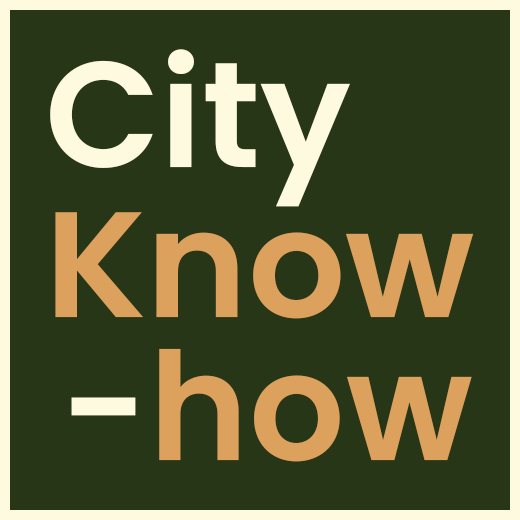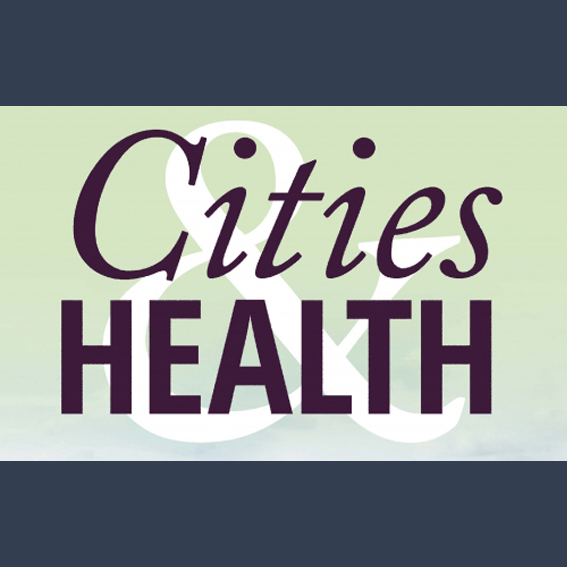A psychology and power intervention to help decision-makers prioritise health in urban development
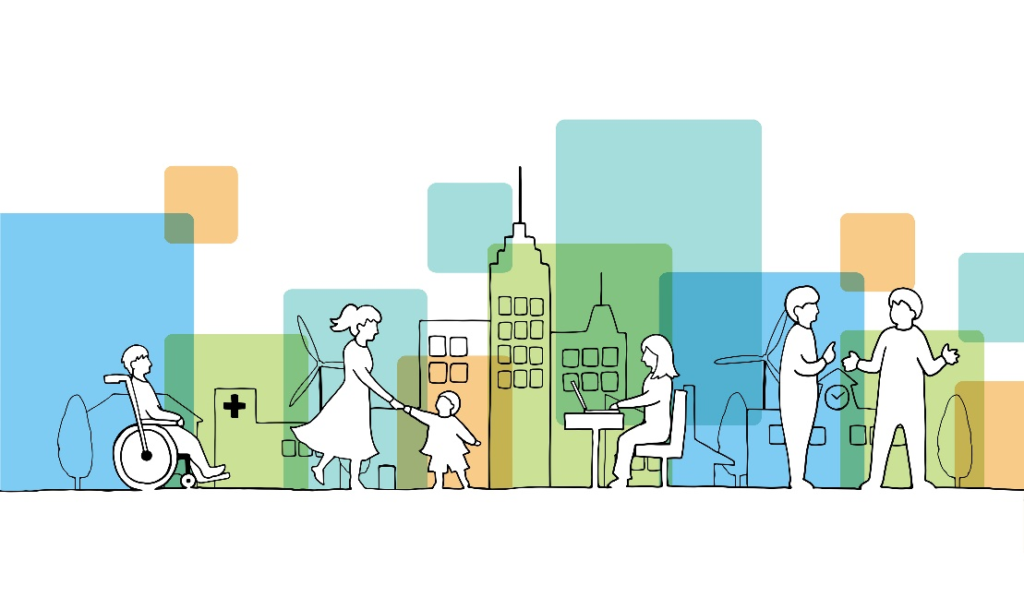
Evidence overwhelmingly suggests that the built environment has an impact on people’s health, particularly in terms of noncommunicable diseases such as asthma, diabetes and poor mental health. However, health is rarely prioritised in urban planning decisions at present, and earlier work by this research group has shown that senior decision-makers feel they lack the power to influence planning and policy decisions in order to improve the situation. This intervention area adds to the wider research programme, which is focused primarily on the delivery of quantifiable socio-environmental and health economics valuations. People make decisions not just based on economic valuation, so an understanding of why people make decisions and how those decisions can change is essential. This paper describes the methodology that will be used to develop this intervention. Findings will be published later.
Creating virtuous cycles of health-based decision-making in urban real estate
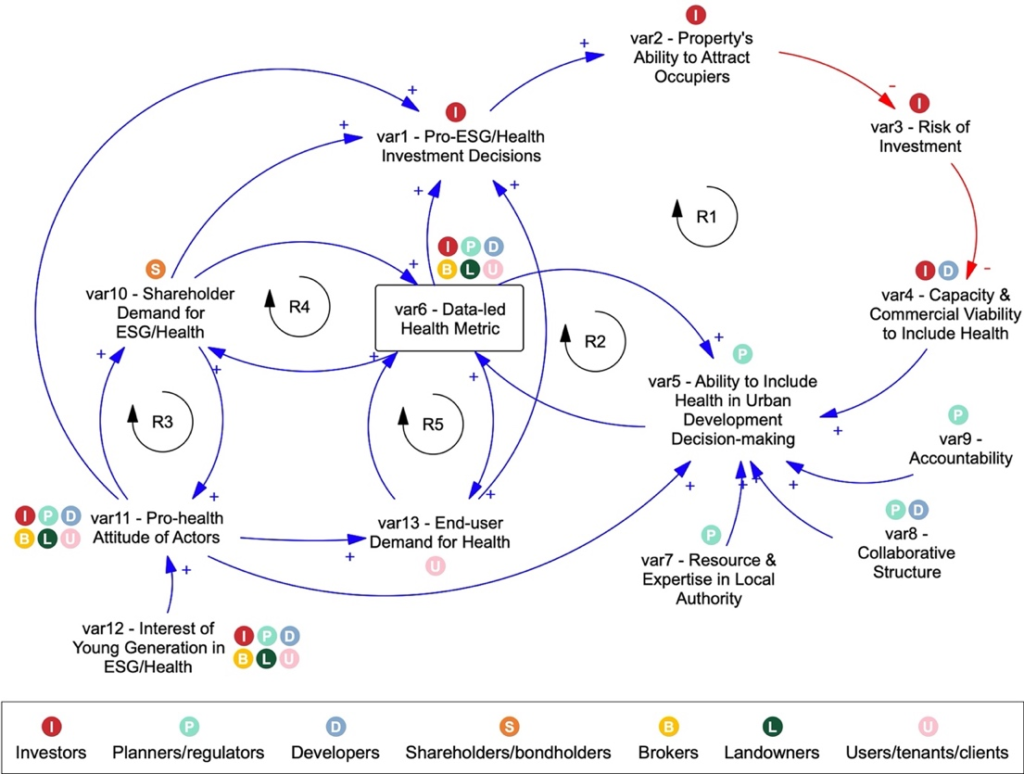
How can we systematically embed health in real estate decision-making to improve health outcomes related to our urban environment? We mapped the system of health consideration in urban development decision-making to identify leverage points and inform interventions that can generate virtuous feedback loops to support better urban health.
Factors constraining and facilitating the prioritization of health in urban development policies

Public health has historically been an important factor driving urban planning policy in England but is currently rarely a priority. We explore the factors behind this, try to explain them in the context of policy developments since COVID-19, and consider what needs to change at national policy level to support healthier placemaking in the future.
Collaboration for healthier urban development
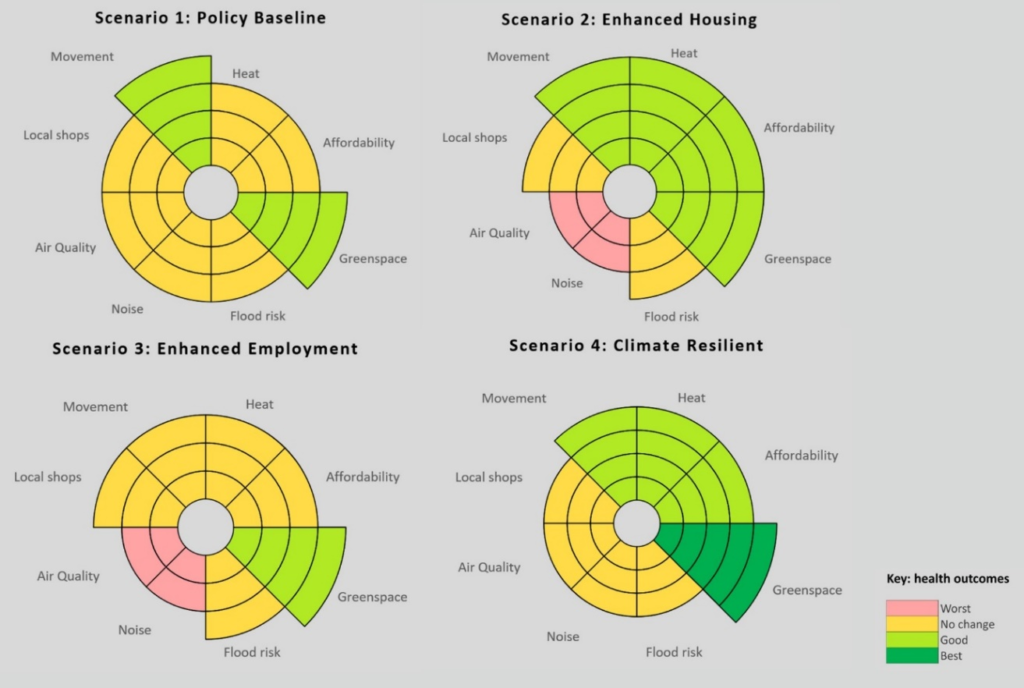
Health evidence could be used more effectively to influence healthier urban development. We learn from a researcher-practitioner collaboration, involving an embedded researcher in local government working on a regeneration project, which helped to develop a new health modelling tool for environmental change and influence decision-making.
